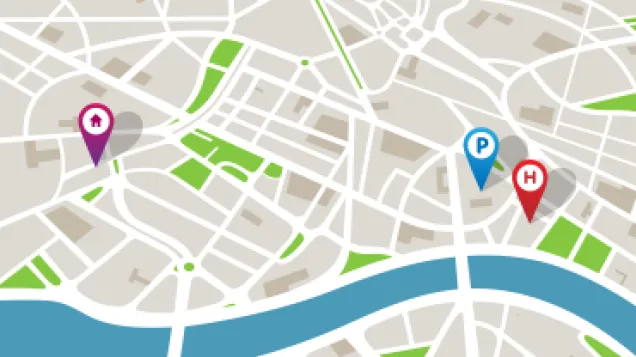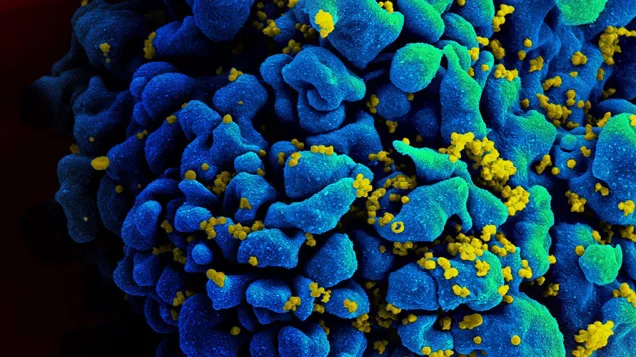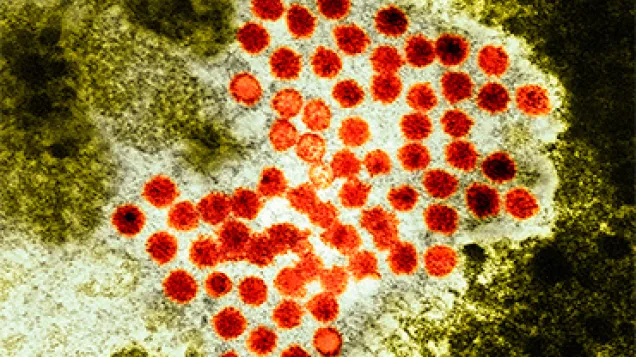Know your status: get tested during European Testing Week
These numbers make the case that Europe needs to scale up testing efforts which should aim to both reduce the number of people who have never been tested for HIV or hepatitis and increase the frequency of testing among people at risk of infection. This is why ECDC welcomes European HIV-Hepatitis Testing Week which starts today with almost 800 organisations across Europe and Central Asia promoting dialogue about testing for HIV and viral hepatitis – because early diagnosis benefits everyone. This is in line with the ECDC guidance on integrated testing which advocates for a concerted effort to scale up integrated testing strategies or programmes for hepatitis B (HBV), hepatitis C (HCV) and HIV to try to reduce the large number of those that are currently infected but undiagnosed.
“Testing is the main entry point to treatment and care. Effective treatment either eliminates or suppresses the viruses which means it improves the health of those tested and prevents further transmission”, highlights Andrew Amato Gauci, Head of ECDC’s programme on HIV/AIDS, STI and viral hepatitis. “It is as simple as that: people need to know their HIV and hepatitis status if we want to make any progress in eliminating these diseases by 2030.
According to ECDC estimates, it currently takes on average three years from the time of HIV infection until diagnosis in the EU/EEA. For HBV and HCV, only a few countries have met the 2020 target of diagnosing people with chronic hepatitis. One of the key elements to identify those living with undiagnosed infection outlined in the ECDC testing guidance is to diversify and integrate testing services as this allows synergies in times of resource constraints.
Early diagnosis and linkage to bring strong individual and public health benefits: effective HIV or viral hepatitis treatment either eliminates or suppresses the viruses significantly which in turn means that those on treatment interrupt existing transmission chains, preventing further infections.
ECDC supports and welcomes the efforts of European Testing Week which runs from 22 to 29 November 2019.
Find out where you can have a test for HIV, hepatitis or other sexually transmitted infections across Europe

Find out where you can have a test for HIV, hepatitis or other sexually transmitted infections across Europe. With the European Test Finder, it only takes a few seconds to locate a testing site near you.
Read more
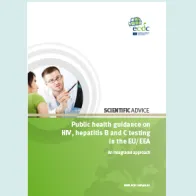
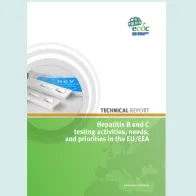
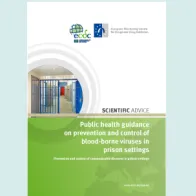
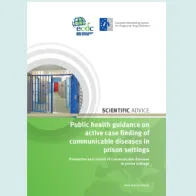
More on the topic
Share this page


